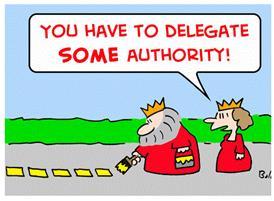1. Invest more development dollars and time where you will get the highest return. Do not spend your development dollars equally; high potentials, critical positions, and key leaders (current or future) demand differential attention. Likewise, while all employees should be receiving regular feedback regarding their performance and development, leaders need to be steadfast in providing timely, specific feedback and appreciation to their top talent.
2. Provide opportunities for accelerated development to help current and prospective leaders grow in their jobs and their careers—keep the pipeline filled. Potential opportunities may include individual coaching, mentoring relationships, involvement in key projects or initiatives, internal training, stretch assignments, networking, delegated tasks, participating in organizational meetings or industry conferences.







